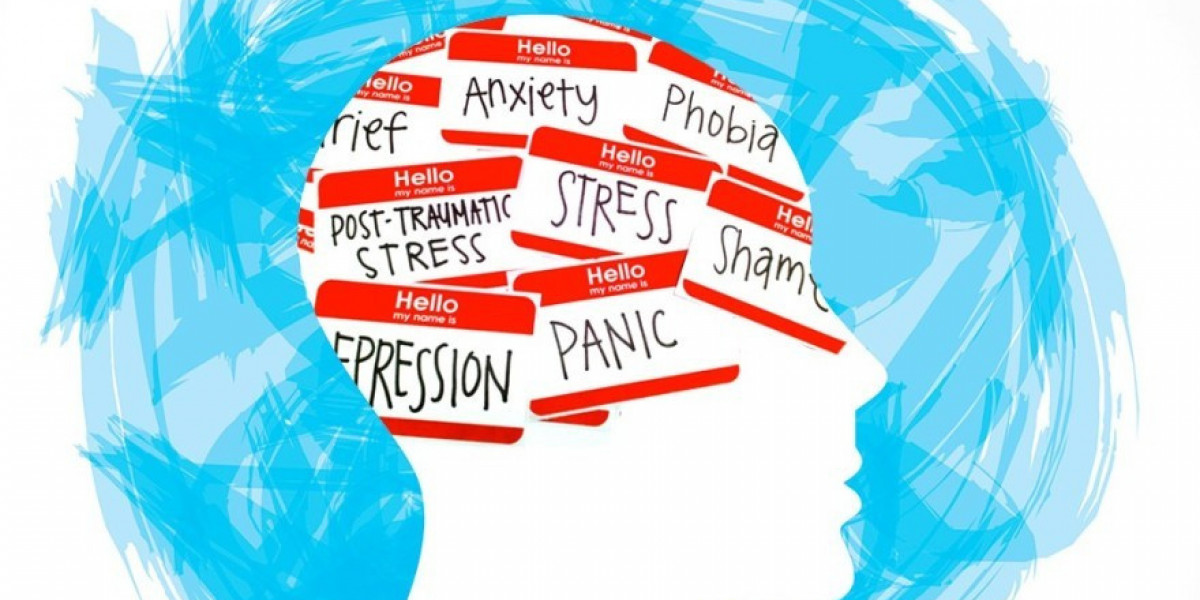The Importance of Accountability
Accountability is crucial in preventing human rights violations in the supply chain. According to a report by the International Labour Organization, over 40 million people worldwide are victims of forced labor, with many of these individuals working in the supply chains of multinational corporations.
By holding companies accountable for the actions of their suppliers, businesses can help prevent exploitation and abuse of workers. This not only protects the rights of individuals but also helps companies maintain a positive reputation and build trust with their consumers.
Transparency and Traceability
One of the key ways to ensure accountability in the supply chain is through transparency and traceability. Companies should have visibility into their entire supply chain, from raw materials to finished products, in order to identify any potential risks of human rights violations.
By implementing systems that track and monitor the working conditions of suppliers, businesses can quickly address any issues that arise and take corrective action to prevent further violations.
Collaboration and Partnerships
In addition to internal efforts, collaboration with other stakeholders is essential in promoting accountability in the supply chain. This includes working closely with suppliers, government agencies, and non-profit organizations to develop and implement ethical labor practices.
By partnering with organizations that specialize in human rights and labor rights, companies can gain valuable insights and resources to improve their supply chain management processes and ensure that all workers are treated fairly and ethically.
Ethical Sourcing and Certification
Another effective way to ensure accountability for human rights violations is through ethical sourcing practices and certifications. By only working with suppliers who adhere to strict ethical standards, companies can reduce the risk of exploitation and abuse in their supply chain.
Many organizations offer certifications for ethical sourcing, such as Fair Trade or the Responsible Business Alliance. By obtaining these certifications, companies can demonstrate their commitment to ethical business practices and increase consumer trust in their products.
Overall, ensuring accountability for human rights violations in the supply chain is essential for companies to protect the rights of workers and maintain a positive reputation in the marketplace. By implementing transparency, collaboration, and ethical sourcing practices, businesses can take proactive steps to prevent exploitation and abuse in their supply chains.
It is crucial for companies to prioritize human rights and ethical labor practices in order to build a sustainable and responsible supply chain that benefits both workers and businesses alike.
Find out more details here: Shipt Background Check Process. Behind the sleek user interface and…







